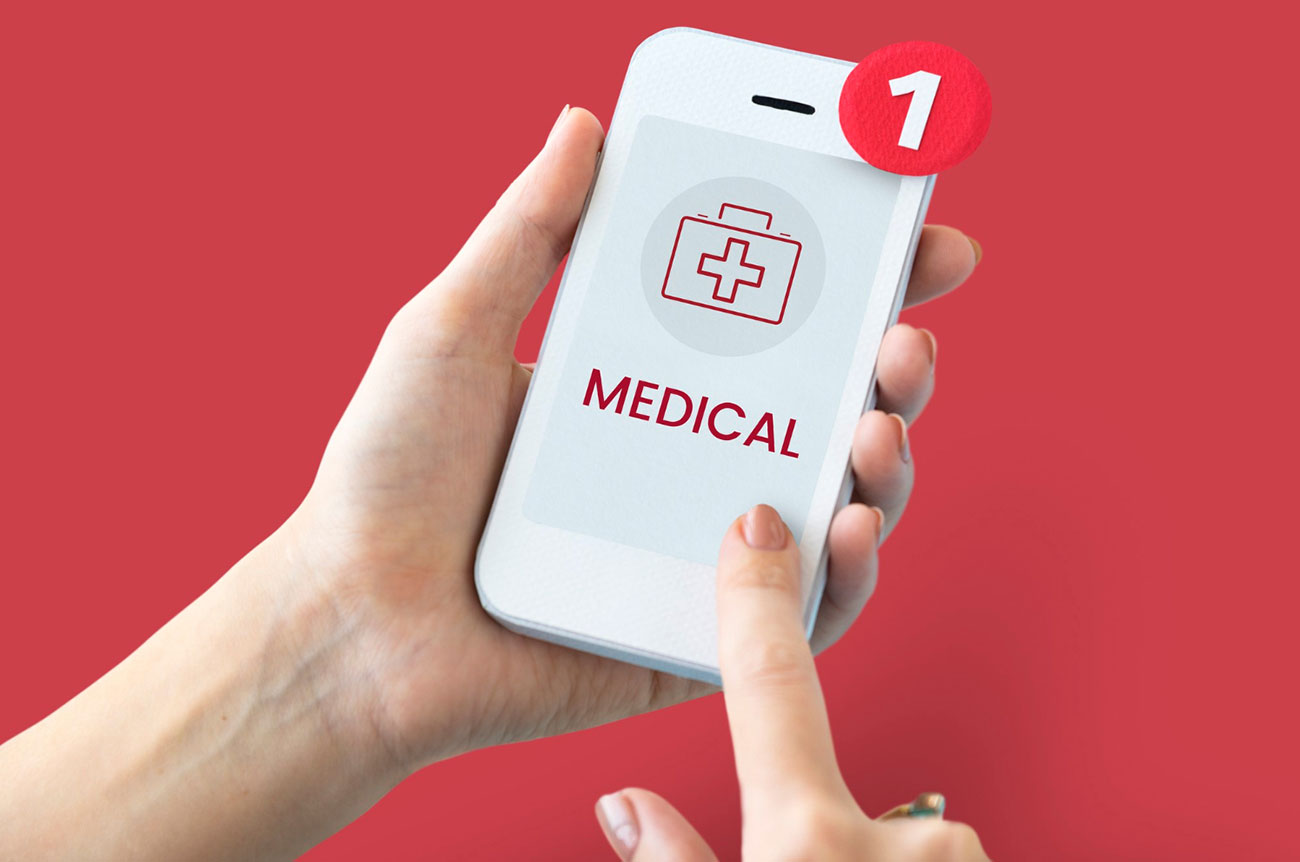Posted On October 14, 2024
How Healthcare IT Services Providers Optimise Revenue Cycle Management Solutions
Revenue Cycle Management includes everything from verifying patient insurance to billing and collecting payments. Proper RCM ensures that healthcare providers are compensated fairly and promptly for their services.

The Role of IT Services in Enhancing RCM Efficiency
Healthcare IT services play a vital role in streamlining RCM by implementing systems and technologies that automate and simplify financial processes. These IT solutions reduce manual errors, speed up billing cycles, and enhance the overall efficiency of revenue management. By integrating technology into RCM, providers can achieve better financial outcomes and improve their operational workflow.Key Challenges in Revenue Cycle Management
RCM faces several challenges, including complex billing codes, frequent claim denials, and difficulties in tracking payments. These issues can lead to delays and revenue losses. Healthcare IT services help address these challenges by providing tools and support to handle complex billing requirements and reduce errors in claims processing.How Healthcare IT Services Can Streamline Billing Processes
IT services optimise billing processes through automation and electronic data exchange. By using advanced software, healthcare providers can automatically generate and submit claims, track payment status, and manage patient accounts more effectively. This automation reduces the administrative burden and accelerates the revenue cycle.Implementing Advanced Software Solutions for RCM
Advanced software solutions for RCM include integrated systems that connect various aspects of the revenue cycle, such as patient registration, claims processing, and payment reconciliation. These solutions offer real-time data access, reporting capabilities, and predictive analytics, allowing healthcare providers to make informed decisions and improve financial performance.Optimizing Claims Processing with IT Innovations
Healthcare IT services enhance claims processing by integrating advanced software solutions that automate data entry, streamline claim submission, and reduce errors. Innovations like electronic claim management systems and real-time claim tracking ensure quicker and more accurate processing, minimising delays and rejections.The Impact of Automation on Revenue Cycle Accuracy
Automation plays a crucial role in improving the accuracy of revenue cycle management. Automated systems reduce manual errors by handling repetitive tasks such as coding and billing. This leads to more precise claims and faster reimbursement, ultimately enhancing financial performance and operational efficiency.Data Security and Compliance in RCM Solutions
Ensuring data security and compliance is vital in RCM solutions. IT services providers implement robust security measures, such as encryption and access controls, to protect sensitive patient information. Compliance with regulations like HIPAA is maintained through regular audits and updates to safeguard against breaches and legal issues.







